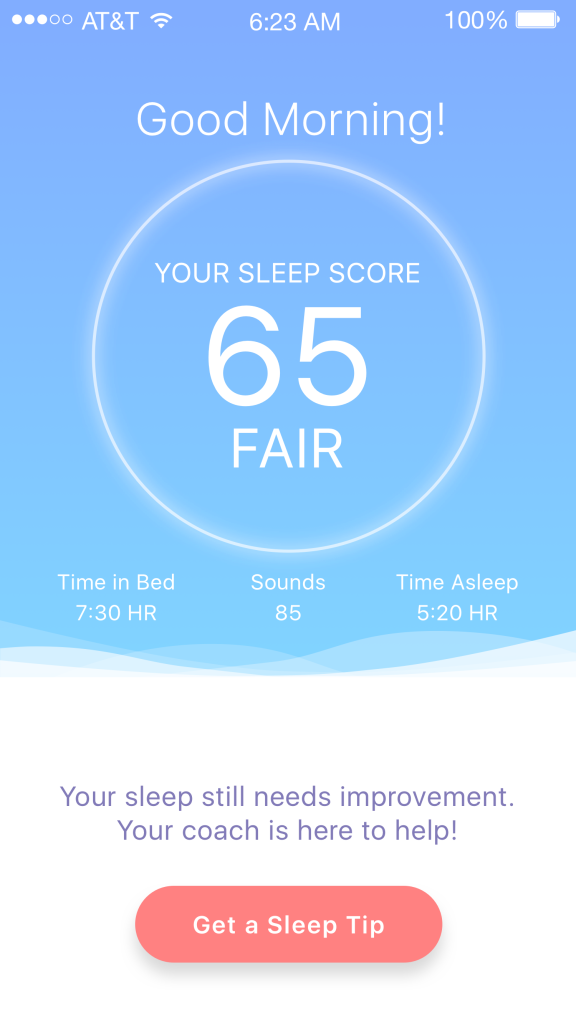Millions of people with a sleep disorder can now be helped by this new app
Christina Farr | Thursday, 8 Jun 2017 | 5:52 PM ET | CNBC.com
 Andy Salamon, a former lieutenant in the U.S. Navy, watched his father struggle with undiagnosed sleep apnea, which occurs when the airway gets blocked during sleep.
Andy Salamon, a former lieutenant in the U.S. Navy, watched his father struggle with undiagnosed sleep apnea, which occurs when the airway gets blocked during sleep.
“It was years, and a lot of nudging from the family for him to do something,” Salamon said, in an exclusive interview with CNBC, announcing the launch of his new company Rested. “And then it took months to get help through a visit to the doctor, a referral to a specialist and lab tests before he could get treated.”
With Rested, Salamon wants to help people determine if they’re at risk for sleep disorders — and get the assistance they need. He’s hoping that by digitizing many of the traditional processes, such as offering virtual doctor visits, he can dramatically reduce the costs of getting diagnosed and treated.
Rested, which has raised $7.4 million in venture capital, offers a free service that assesses risk for sleep problems and provides coaching to help people sleep better. It also has a paid offering, which includes an in-app consultation with a doctor who can make a diagnosis after viewing the results from a home sleep test. That’s much easier and cheaper than traveling to a sleep center for an overnight stay, said Salamon.
Rested also enables virtual visits with a respiratory therapist via the app, allowing experts to remotely fit the user with a sleep mask.
With the new financing, Rested is expanding nationwide. Currently, the beta service is only available in Maryland, Pennsylvania, Washington D.C. and Virginia.
 About 50 million to 70 million people in the U.S. have a sleep or wakefulness disorder, according to the Center for Disease Control and Prevention, making it a compelling opportunity for technology entrepreneurs. Rested is focusing on software, rather than manufacturing its own devices — but it’s not ruling that out in the future.
About 50 million to 70 million people in the U.S. have a sleep or wakefulness disorder, according to the Center for Disease Control and Prevention, making it a compelling opportunity for technology entrepreneurs. Rested is focusing on software, rather than manufacturing its own devices — but it’s not ruling that out in the future.
Rested determines if a person is at low, high or medium risk for a sleep disorder like sleep apnea through a survey, which includes questions about body mass index and gender as well as a “sleep score” that weighs hours in bed, sounds during the night and time asleep.
It also lets users record their sleep sounds, which might prove jarring for those who don’t realize that they’re snoring extremely loudly or they’ve stopped breathing during the night.
Those who choose to get a diagnosis and seek treatment with Rested have the option to use their insurance or pay out-of-pocket, Salamon said.
He estimates that without insurance the price for Rested’s service is about $1,000, which includes the doctor’s visit, the at-home diagnostic test and the equipment to treat the disease. That compares to a cash charge of about $6,000 or $7,000 to do this all in person through the traditional medical processes.
With insurance, the price might drop, depending on the plan.
Going forward, Salamon, who previously worked at hedge funds, sees opportunities to partner with payers, including self-insured employers. If untreated, sleep apnea can lead to expensive health problems down the line, public safety issues and hours of lost productivity, he said.




